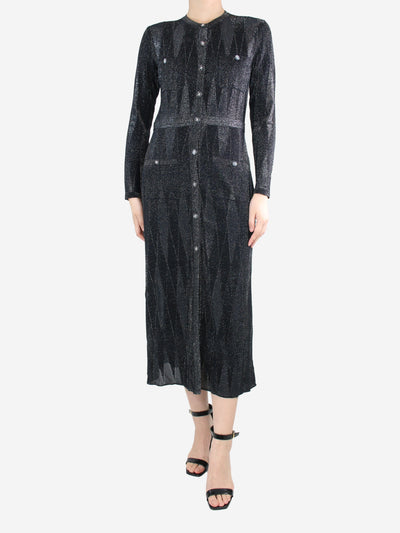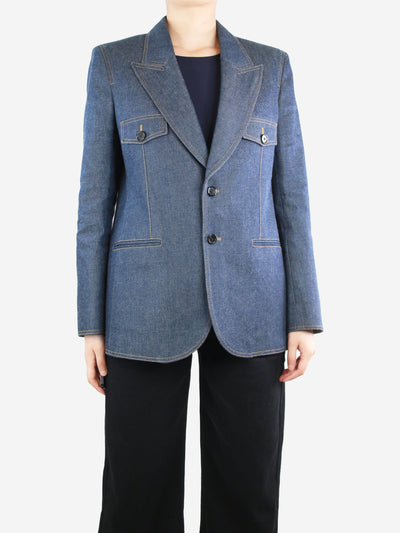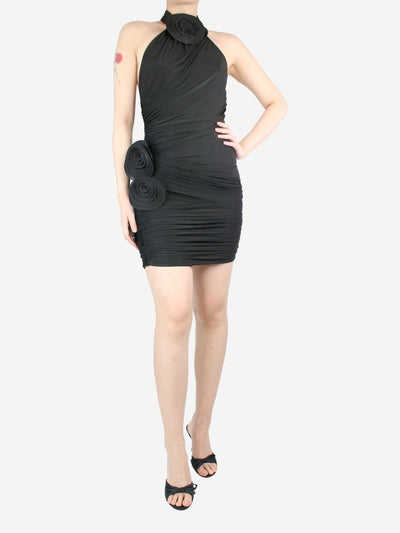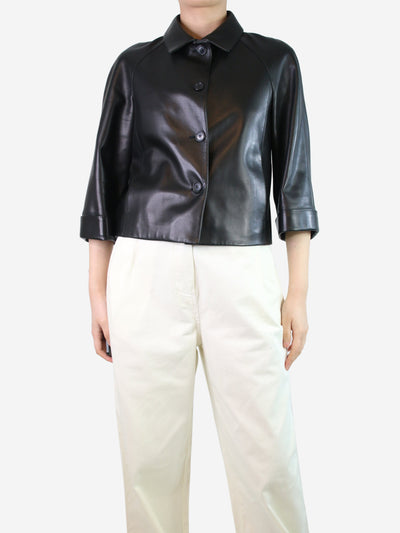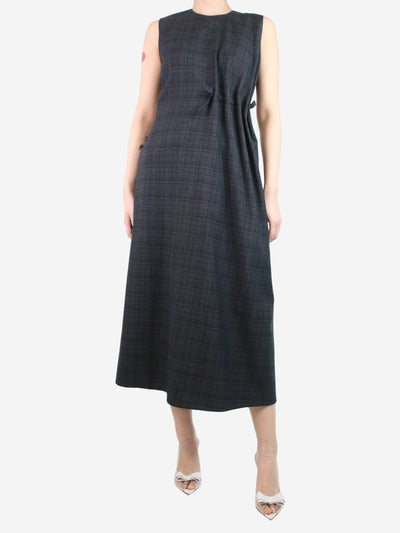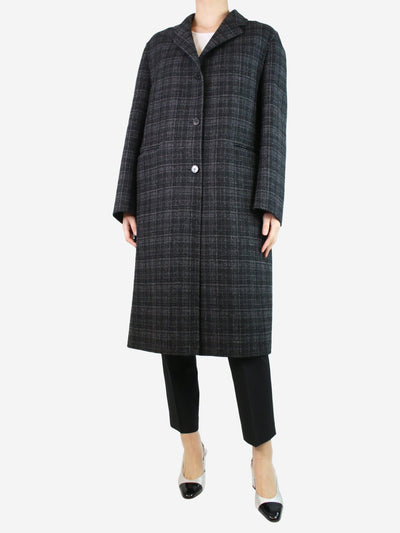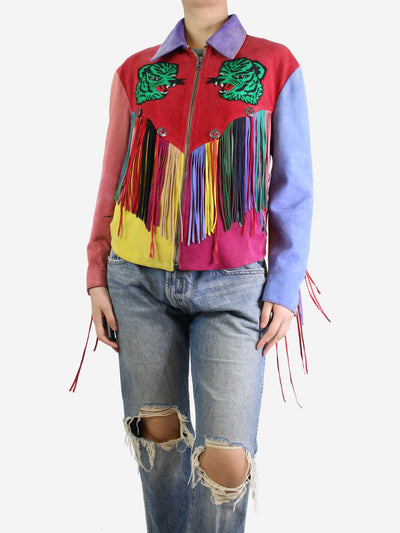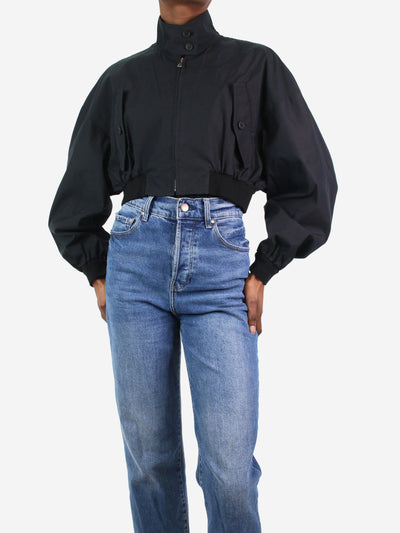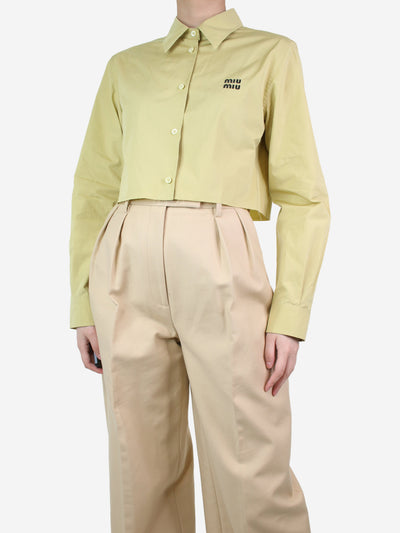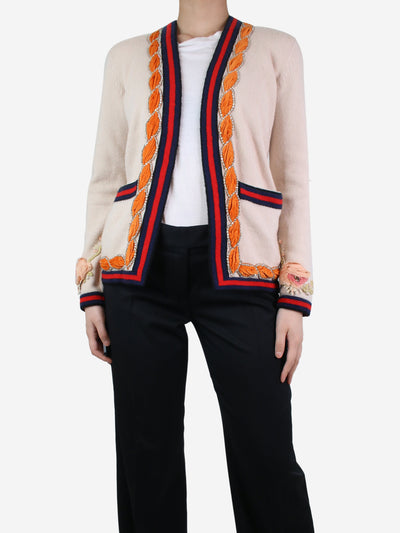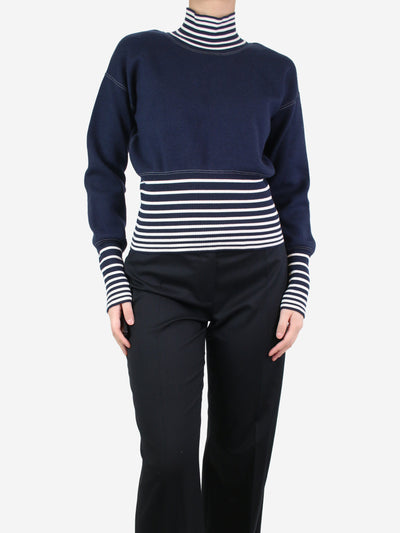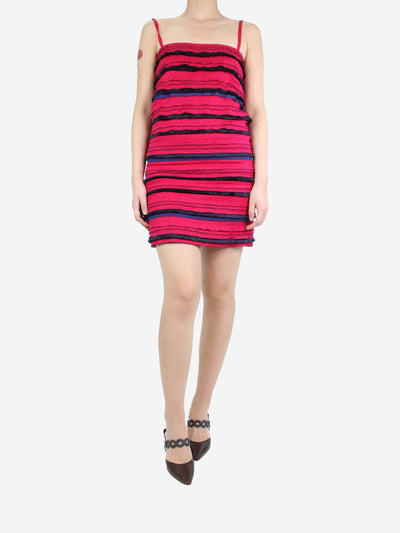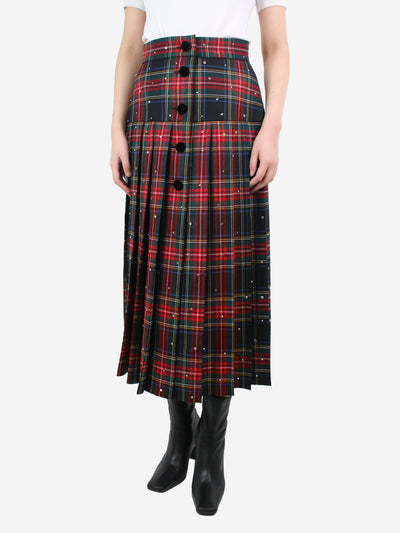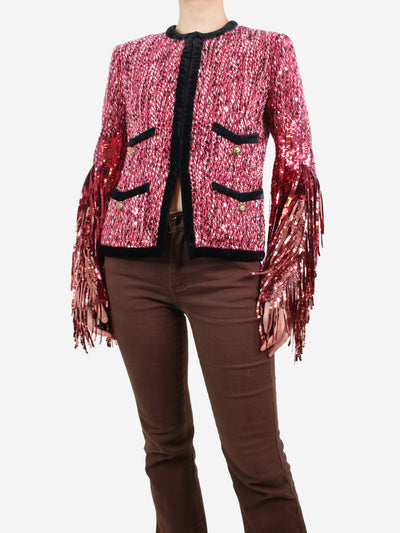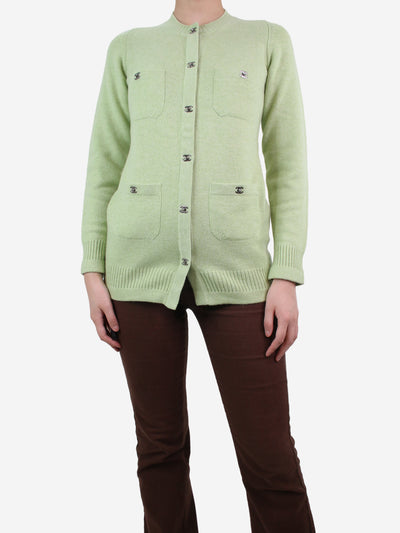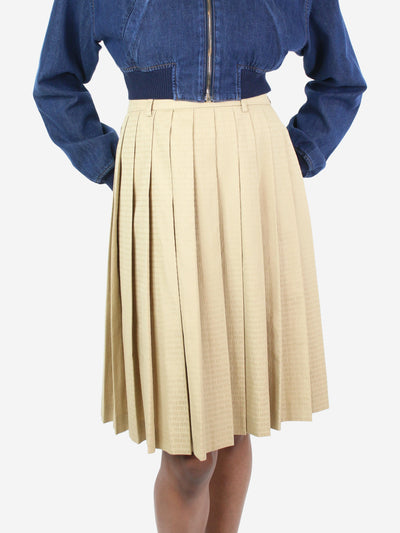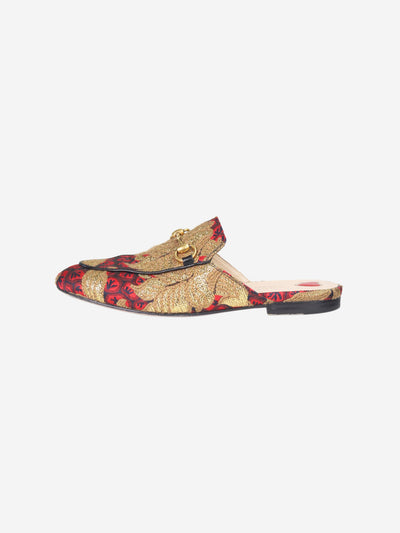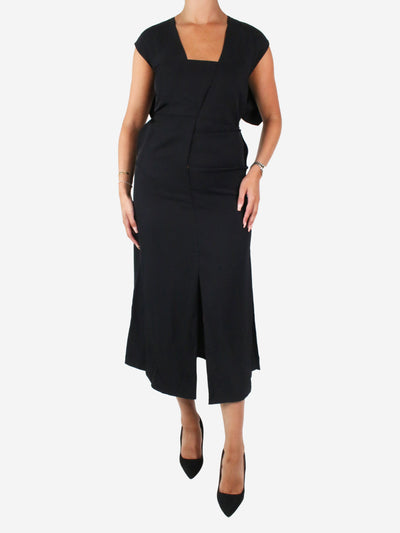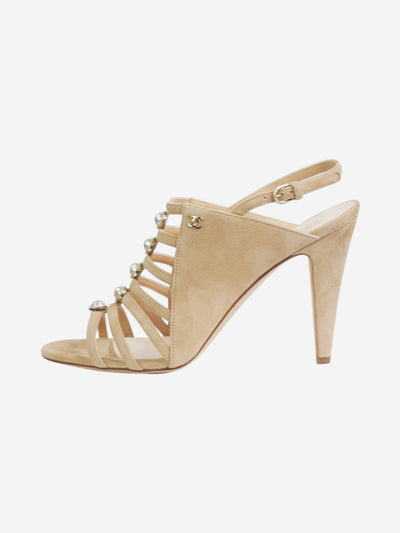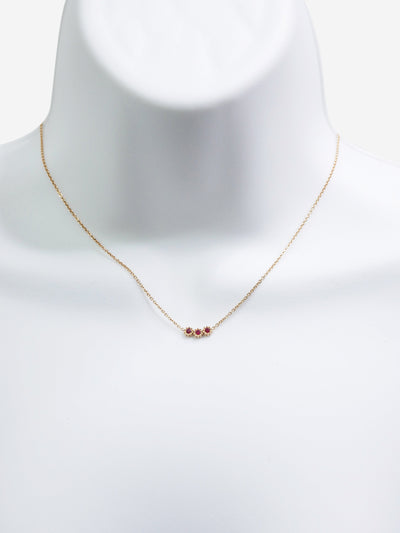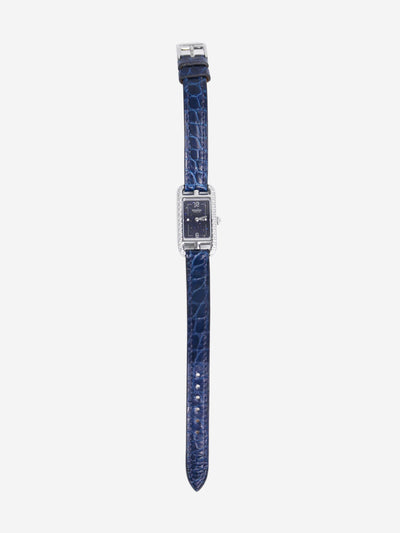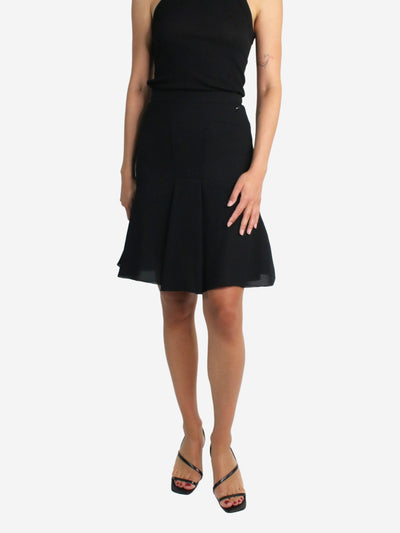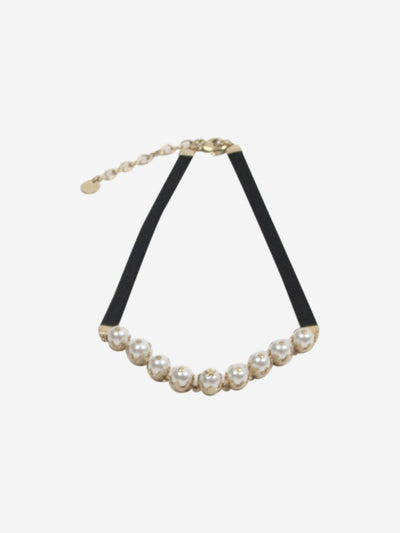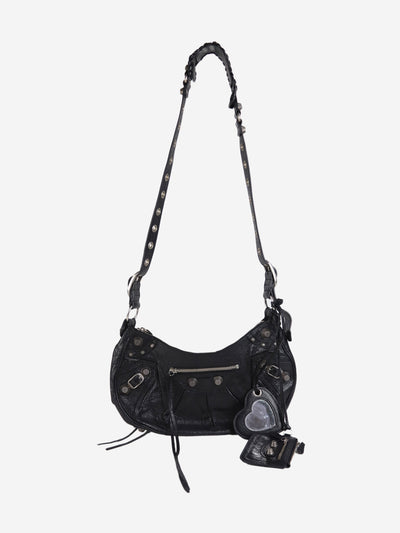Resale as a Service (RaaS) in the UK: Add circularity and sustainability credibility to your brand
Posted on
Why does regular retail need RaaS (Retail as a Service)?
Resale by its very nature is complex and completely different logistically to regular retail. There are many individual clients selling many individual items, meaning that stock systems, processes and product handling are entirely different between the two business models. This is not immediately apparent from the outside but it often makes sense for regular retail to enlist the help of a resale company to handle the “resale arm” of their business.
Why should all brands be thinking about resale?
Take it from us (we have been in resale for 45 years) resale does not compete with regular retail it enhances it and it does this in a myriad of ways:
1) If people can easily sell their used or older items, it means they have more money to reinvest into newer items.
2) If customers are confident in the resale value of a product they are more likely to invest in it. Therefore it encourages brands to create pieces that hold value and stand the test of time. Case in point Chanel, Louis Vuitton and Hermès, they are some of the most expensive brands in the world but customers are confident in the value of the products and know they will be able to sell pieces for a good price should they ever want to.
3) Resale, rental, repair: recommerce is here to stay, and brands should make the most of owning a slice of it if they can. It is expensive to set up new processes and product flows so it makes sense to outsource the complexities to a specialist and just reap the benefits.
What exactly is RaaS (Retail as a Service) and how would it work for our business?
Resale as a service can come in various formats, but in a nutshell it enables brands to offer their customers the ability to buy or sell their own branded second hand goods without actually having to handle them all. For example they could offer a “selling service” where customers would send in their items to be sold and be paid in brand vouchers to fuel new sales. Case study: ThredUp and Fabletics as well as The RealReal and Gucci, The RealReal and Stella McCartney, and The RealReal and Nanushka.
Alternatively if for instance a multi brand retailer wanted to push the “buying side” more, they could set up a section within either a physical or online store with a handpicked selection of the finest and most hard to find luxury pieces that their customers would not be able to find brand new. Sign of the Times works with multi-vendor retailers in this way online in a dropship capacity, the same way that Vestiaire Collective did with Selfridges in store.
If you are interested in working with Sign of the Times to offer resale as a service either online or in store, we would be delighted to hear from you. Please contact us via: sott@signofthetimeslondon.com and make your email to the attention of: Antonia.
Written by
Susie Franklin
Published at
-
-
- Choosing a selection results in a full page refresh.
- Press the space key then arrow keys to make a selection.

